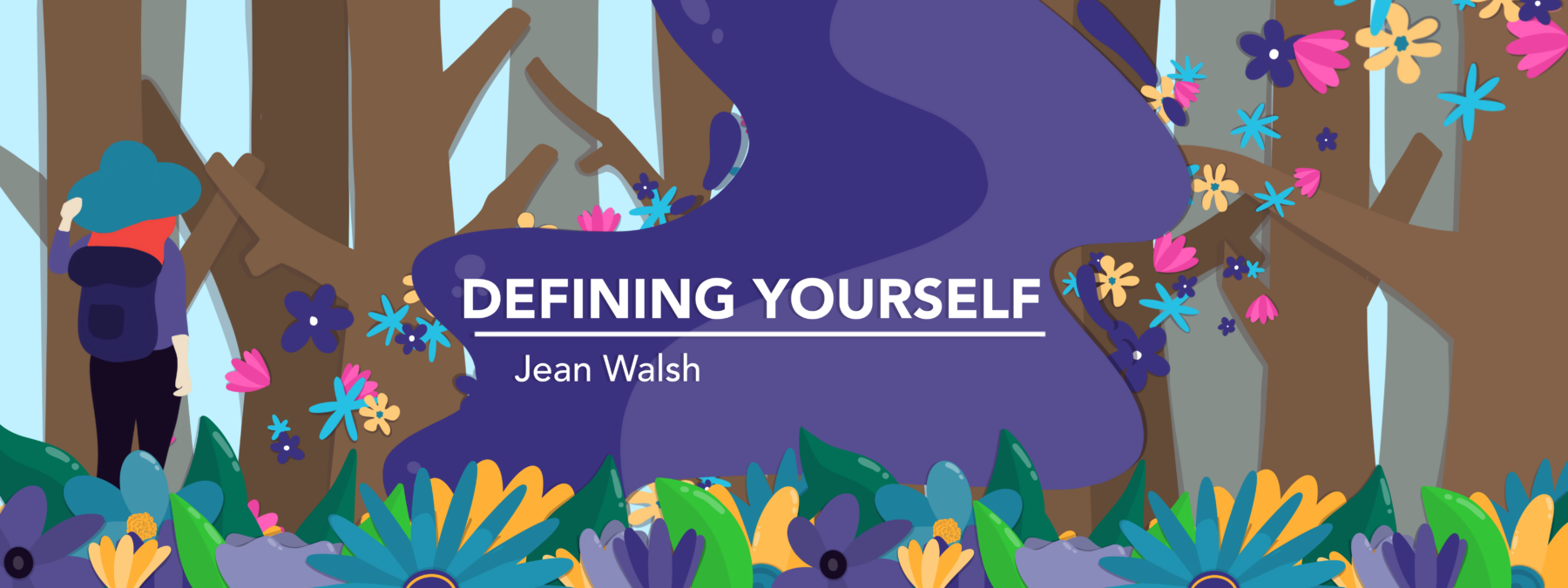Life with FA is much more optimistic when I am grateful
At the recent Boston rideATAXIA event, I was surrounded by people who 'get it'
Written by |

A week ago, I woke up early on a slightly cloudy, humid Sunday morning. I had butterflies in my stomach as my husband, Dave, and I drove 40 minutes to a fundraiser for my patient organization. I have Friedreich’s ataxia (FA), a disabling and life-threatening rare disease.
Dave has learned to leave me alone during morning drives to fundraisers while I nervously rehearse my speech or review my to-do list. I’ve been known to snap at this kind and patient man when I’m tense. By the time we arrived at the Boston rideATAXIA event, the skies were clear but my hair still suffered from the humidity. I did what I often do: I hid it under a hat.
I was a cog in the wheel of the machine that is Boston rideATAXIA. A number of us in the New England area are on the committee that plans and executes this fundraiser, which is led by Alex Fielding. It benefits the Friedreich’s Ataxia Research Alliance (FARA), whose mission, in a nutshell, is to fund research that leads to treatments and a cure for FA and to ensure that all patients have access to that cure once it is found.
Clearly, I recognize the importance of FARA fundraisers for FA patients and their families. I’m glad they exist and look forward to attending each one. Because I understand their significance, I feel nervous about fulfilling my part well.
As the day went on, I greeted and connected with people. I always try to express this, but I’m not sure I ever succeed: It’s overwhelming to feel the caring sentiment of over 200 people. When I was diagnosed, my family and I felt isolated and neglected, so experiencing this at the fundraiser was indescribably affirming.
My family and I are not alone in this struggle with FA. People surround us who recognize our struggle, care about those of us affected, and want to help find a cure.
I’m never fully at ease until I deliver my speech. Before each event, I craft my speech carefully, rehearse it, and inevitably feel I didn’t deliver it as well as I could have. After I speak, I bask in the glow of the people and the pharmaceutical company representatives who are dedicated to helping FARA accomplish its mission.
The importance of gratitude
I left this year’s Boston rideATAXIA feeling full of gratitude — not only because of the care shown to FA patients, but also because I got to connect with other patients and their family members. People who understand me without me having to explain were everywhere I looked that day.
Being grateful is one way I take care of my mental health. I usually do this by jotting down three things I’m thankful for that I experienced that day. I do this on my phone using a journaling app and the talk-to-text feature.
Some days I have a long list, like after the ride; other days my list is short and hard to find. On a bad day, my list might include only basic needs like running water and a roof over my head — things we often forget to appreciate in our daily lives. I don’t always write in my gratitude journal, but I feel less joy when I skip it.
Gratitude, the simple act of recognizing and appreciating life’s positive aspects, has profound effects on mental health. According to research published in the Journal of Personality and Social Psychology, regularly practicing gratitude can decrease symptoms of depression and anxiety, increase overall well-being, and improve life satisfaction.
When I recognize what I am thankful for, I redirect my focus from negative thoughts and worries to positive experiences. Being grateful for all the people, known and unknown, who support me helps rewire my brain for optimism and resilience. When I practice gratitude, I become more hopeful and better able to be there for everyone in my life.
The ways that gratitude enhances mental health are both psychological and physiological. Showing gratitude has been connected to increased “feel-good” neurotransmitters that help regulate mood.
I rode home from our Lexington, Massachusetts, ride site feeling grateful for many things, including the fact that my hat was hiding my frizzy hair. I highly recommend that patients find a way to participate in a fundraiser for their disease community. There are many more people than you think who will take action for you. You are not alone.
Note: Friedreich’s Ataxia News is strictly a news and information website about the disease. It does not provide medical advice, diagnosis, or treatment. This content is not intended to be a substitute for professional medical advice, diagnosis, or treatment. Always seek the advice of your physician or another qualified health provider with any questions you may have regarding a medical condition. Never disregard professional medical advice or delay in seeking it because of something you have read on this website. The opinions expressed in this column are not those of Friedreich’s Ataxia News or its parent company, Bionews, and are intended to spark discussion about issues pertaining to Friedreich’s ataxia.



Leave a comment
Fill in the required fields to post. Your email address will not be published.